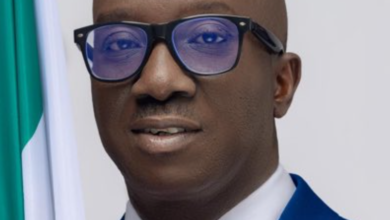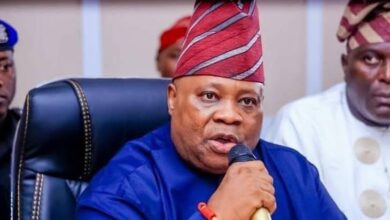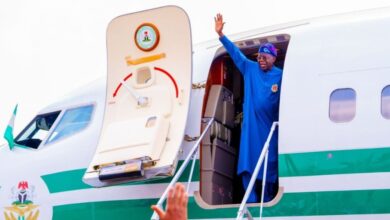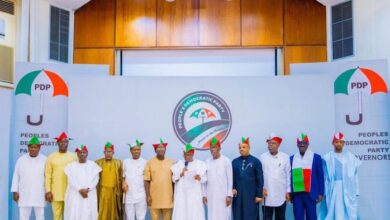Kenneth Okonkwo To Politicians: Fight For The People Or Step Aside
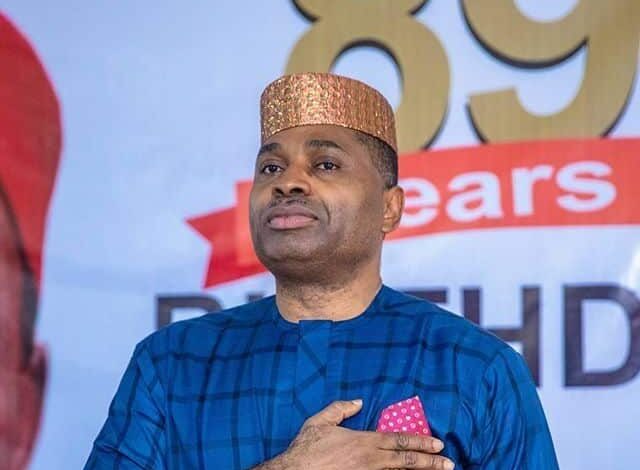
Kenneth Okonkwo, a chieftain of the Labour Party and former campaign spokesperson, has boldly stated that any politician unwilling to stand up for the people who voted them into office due to fear of harm should step aside. Okonkwo made this remark in response to the events surrounding the recently concluded Local Government Area elections in Rivers State, which took place amid tension and political drama.
In an interview with Soar TV on Saturday, Okonkwo commended Rivers State Governor Siminalayi Fubara for his determination to ensure that the elections were held despite significant challenges. He praised Fubara’s commitment to upholding the people’s rights in the face of adversity, including the withdrawal of support from the Nigeria Police Force and resistance from political allies of the Minister of the Federal Capital Territory, Nyesom Wike.
Okonkwo lauded Fubara’s courage and described him as a politician who stands firm when his rights—and by extension, the rights of the people—are under threat. According to Okonkwo, such leadership is critical to solidifying Nigeria’s democracy. He argued that politicians who cannot take risks or defend the mandate given to them by the electorate should step aside for those who are willing to take on the responsibility.
“If you’re not willing to take the risk that is attached to any profession, step aside so that people who God gives that mind will go ahead and serve God in that capacity. If you’re a politician and you can’t stand for the people who voted for you, and because you don’t want to die, step aside. Because that’s what the job entails,” Okonkwo said.
The actor-turned-lawyer went on to criticize politicians who fail to resist when their rights are violated, contrasting them with Governor Fubara, who, despite the risks, chose to defend the electoral process. He underscored the importance of bold and resolute leaders in a democratic society, especially given the failures of Nigeria’s judicial and electoral systems, which have often left citizens feeling disillusioned.
Okonkwo stressed that Nigeria needs leaders who will not allow their elections to be rigged and are ready to fight for the integrity of the electoral process. He expressed frustration with those who, in his view, are too passive in the face of electoral manipulation, pointing out that this passivity could hinder the progress of political parties, including the Labour Party, from achieving meaningful results.
“If Sim Fubara had been saying ‘calm down, calm down,’ do you know where Rivers State would have been?” Okonkwo asked, rhetorically highlighting the consequences of a more passive approach. He commended Fubara for taking a firm stance, insisting that the election must go on, winners must be declared, and any consequences must be faced head-on.
Okonkwo’s statements reflect his desire for a political class willing to fight for the rights of the electorate and the integrity of the democratic process, regardless of the personal risks involved. He emphasized that Nigeria’s democracy requires courageous leaders who are not afraid to stand up against corruption and electoral fraud, even in the face of intimidation or violence.
In a country where electoral processes are often marred by irregularities and where judicial systems struggle to enforce fairness, Okonkwo’s call for resilient and daring leadership resonates with many who are frustrated with the status quo. His endorsement of Governor Fubara’s actions in Rivers State serves as a broader appeal for a new type of leadership—one that prioritizes the will of the people and is unafraid to challenge forces that threaten democratic ideals.
